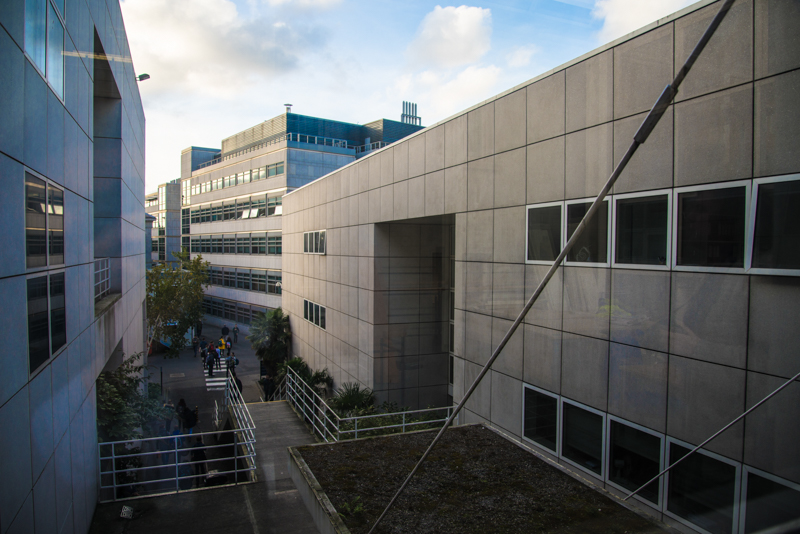Two new postgraduate courses, an MSc in operations and supply change management and a new master’s degree in computer science, are set to begin in Trinity over the next two years, after being approved at the last meeting of the University Council in September.
The MSc in operations and supply change management will take in its first intake of students in September 2018, with applications opening in November 2017, and will be taught by Prof Sinéad Roden. Roden joined Trinity last year from Cass Business School in London where she successfully set up a similar MSc programme.
In an email statement to The University Times, Dean of Trinity Business School, Prof Andrew Burke, said that the new degree is “highly relevant to the business environment today, which is increasingly global and involves extensive supply chain management challenges both inside and across firms”.
Trinity’s School of Business is currently in the process of expanding its degree programme. This September, a new bachelor’s degree in business studies for undergraduates accepted its first intake of students, offering an alternative to the existing mode of entry to a business degree found in BESS.
In January, Trinity’s MBA programme was ranked sixth in Western Europe, one place up from 2014, according to the latest Eduniversal Best Masters rankings.
The new master’s degree in computer science is a result, according to Prof Donal O’Mahony, Head of Discipline of Computer Systems in the School of Computer Science and Statistics, of a decision to “completely refresh” the school’s master’s degree programme.
In an email statement to The University Times, O’Mahony said that this review had led to the development of the new course. The programme was externally reviewed by a number of other universities in Europe and the US, all of which were “really positive” about the new degree.
O’Mahony described the four specialisations available, intelligent systems, future networked systems, graphics and vision technologies and data science, as all being “in very hot areas” in which the school has major research strengths and expects graduates of the new course to be “in huge demand in Ireland and across the globe”.
The two main undergraduate programs offered by School of Computer Science and Statistics both currently lead to five year master’s qualifications. Because of this, the school expects that most students for this course will come from outside Trinity and, particularly, outside Ireland. The course website will be activated very soon, and the first applications will be accepted from November.
According to O’Mahony, the school is aiming to recruit 120 “top-quality students from around the world” by next September.
Currently, the School of Computer Science and Statistics is spread over six buildings, including the Lloyd Building and the O’Reilly Institute beside the Hamilton Building. O’Mahony added that the current MSc programmes “suffer from that”. However, the new master’s degree in computer science has been allocated the top floor of Phoenix House on South Leinster St. Before the new students arrive next September, the new space “needs to be kitted out with the very best wireless and fixed networking along with some of the more specialized equipment that will be needed in a state-of-the-art computer science course”, O’Mahony said.
In an email statement to The University Times, Dean of Graduate Studies, Neville Cox, said that the School of Business and the School of Computer Science and Statistics both proposed the courses so they could “refresh their suite of taught postgraduate courses because of their academic importance and the demand from students for courses of this kind”.







